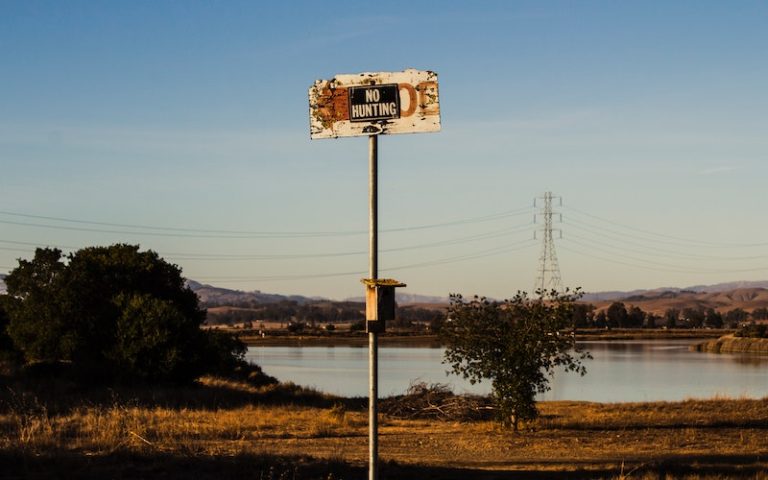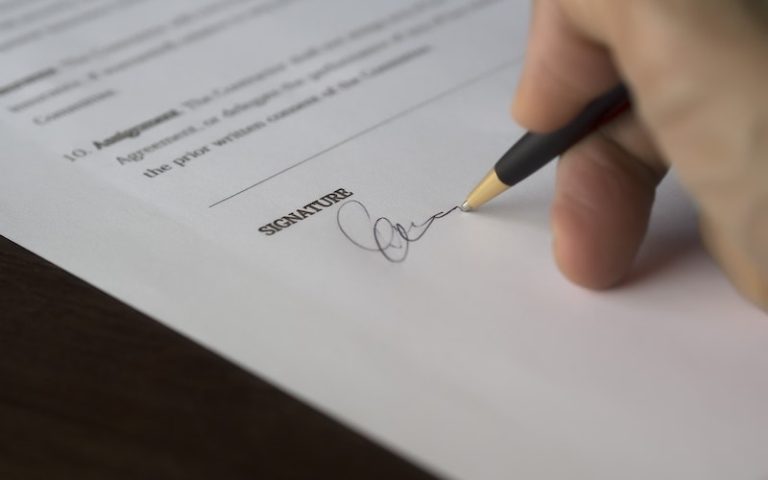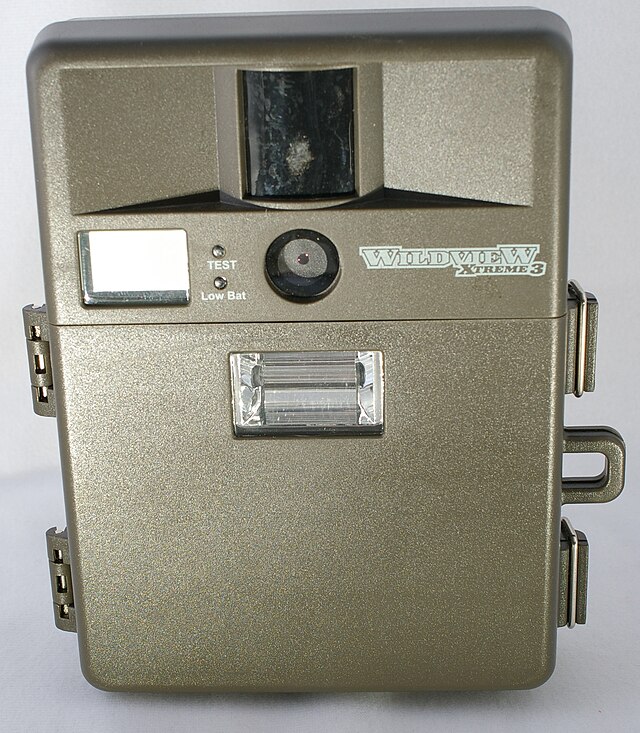How Hunting Helps Wildlife and Impact on Environment
Hunting has long been a subject of heated debates, with passionate arguments both for and against the practice. While…

Hunting has long been a subject of heated debates, with passionate arguments both for and against the practice. While…

A hunting lease is an agreement between a landowner and a hunter or group of hunters that grants them…

A hunting trail camera, also known as a game camera or trail cam, is a specialized device designed for…